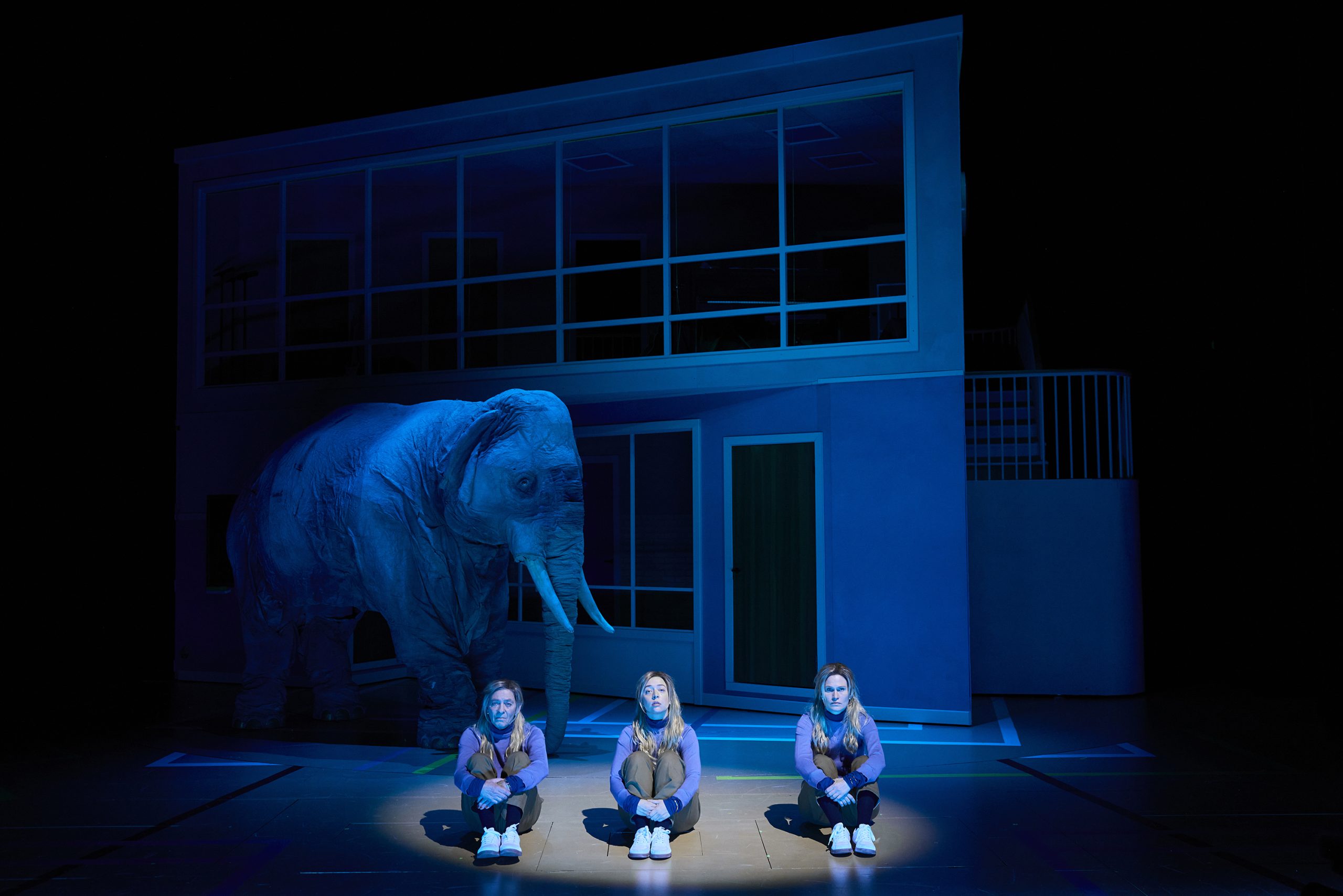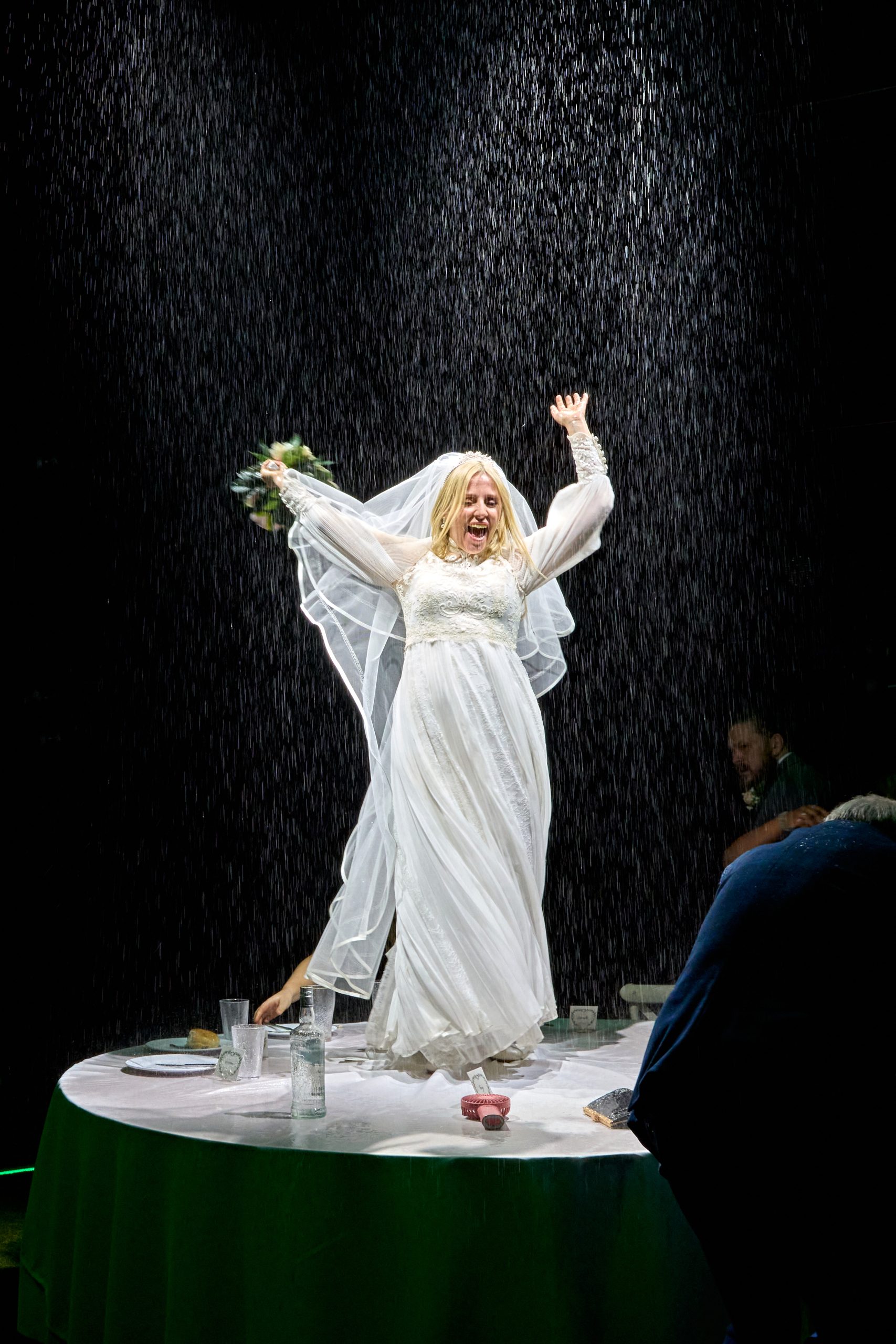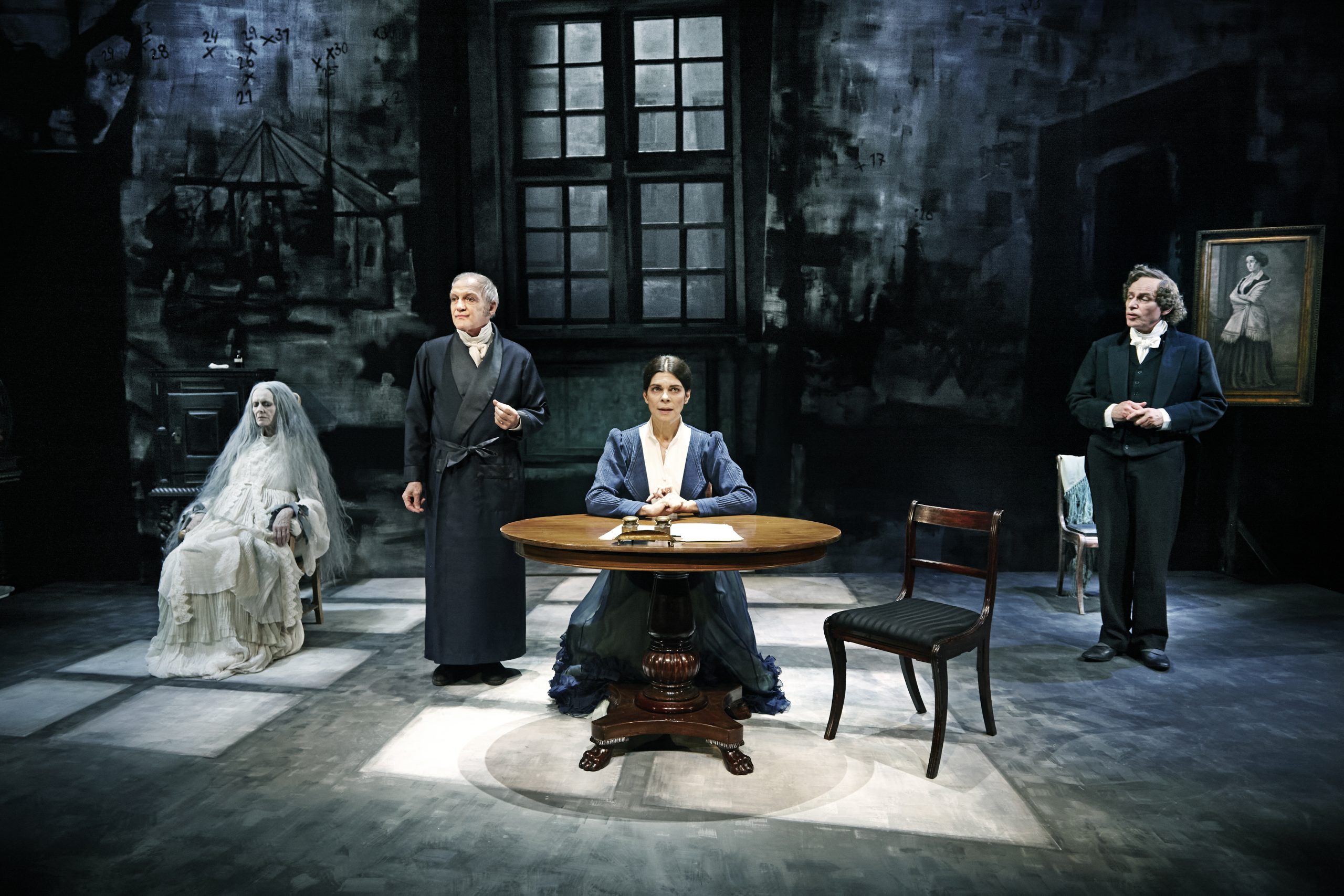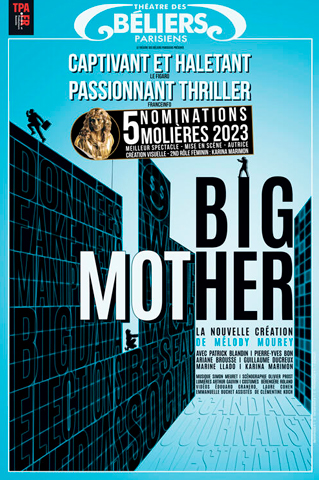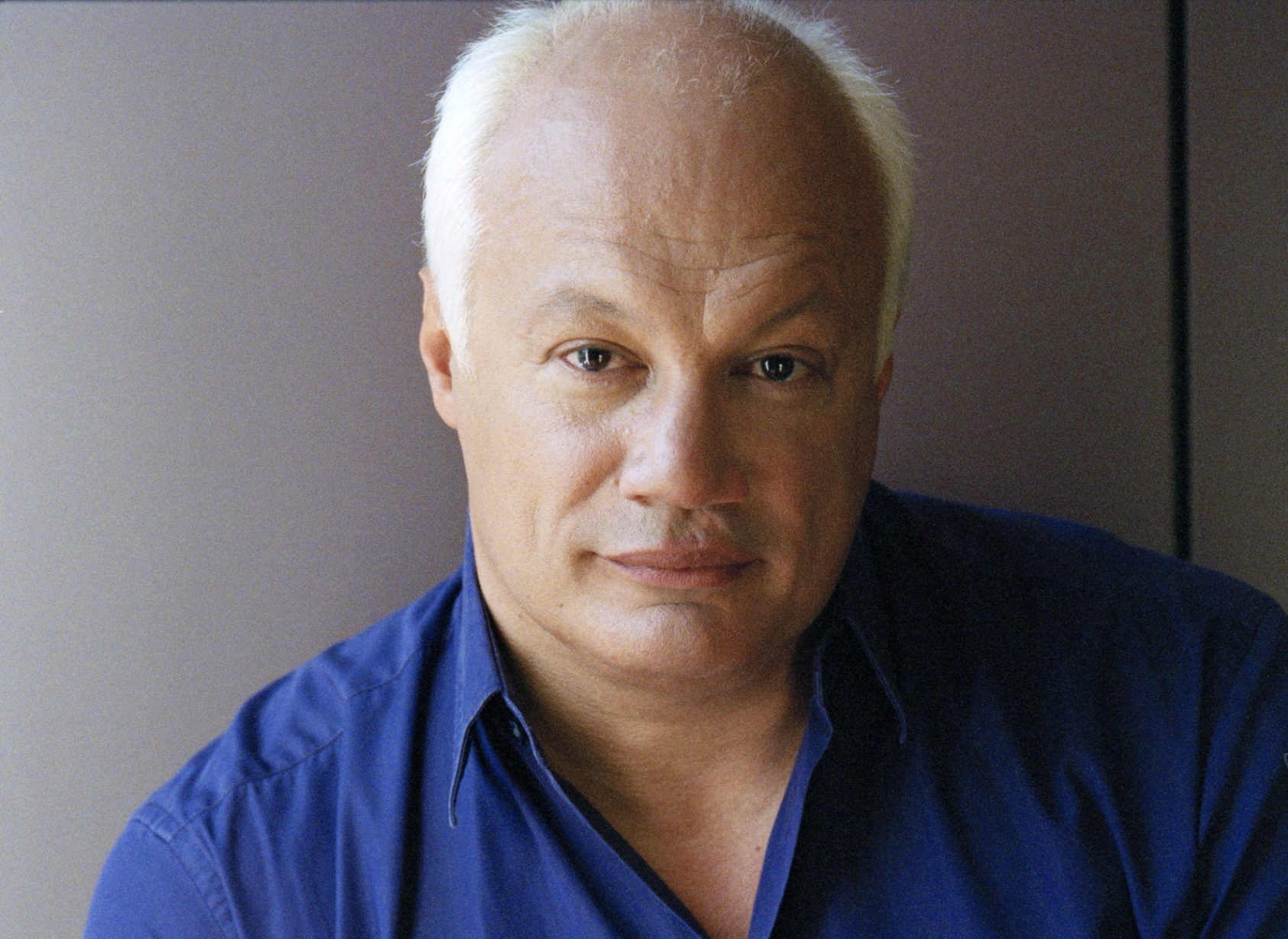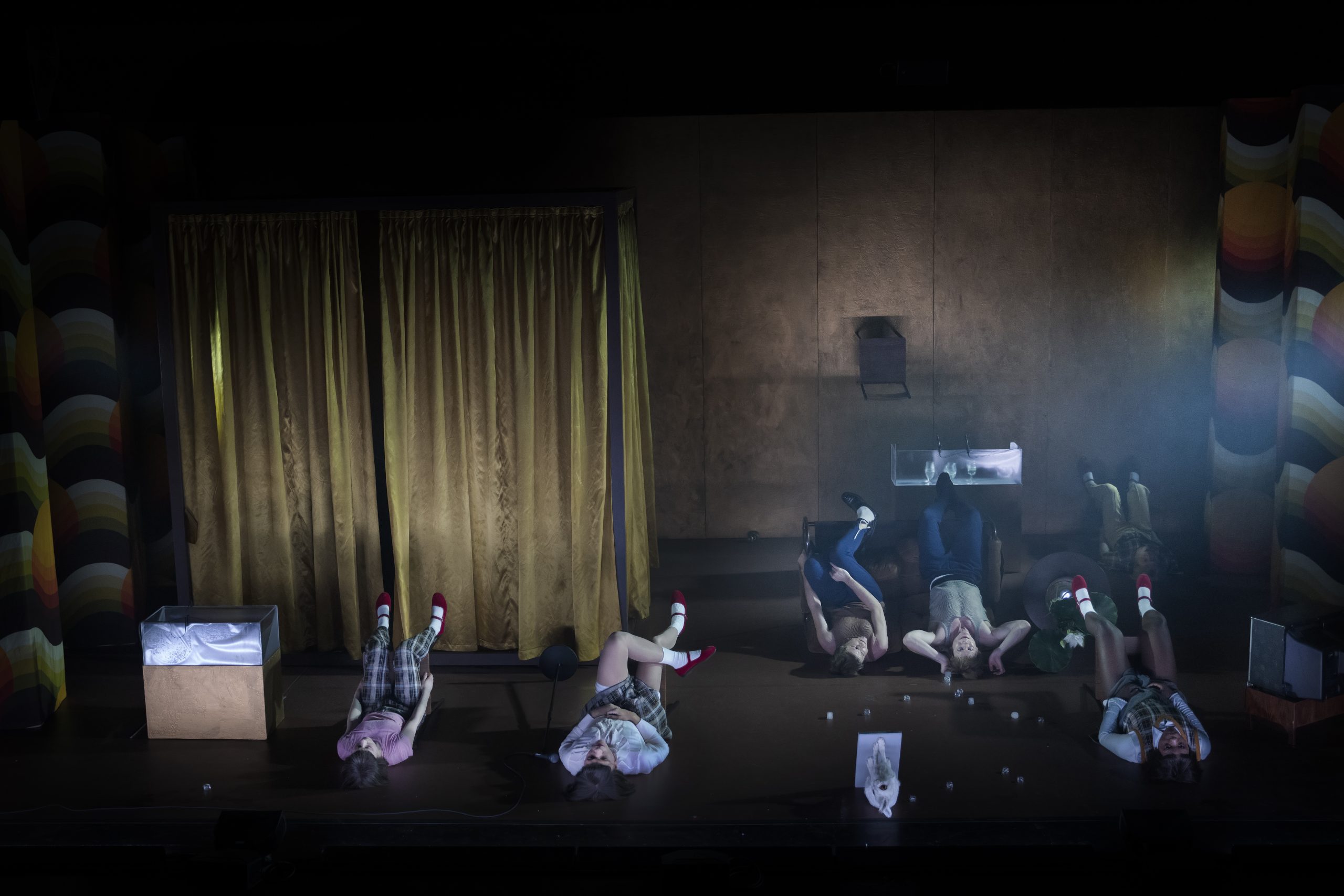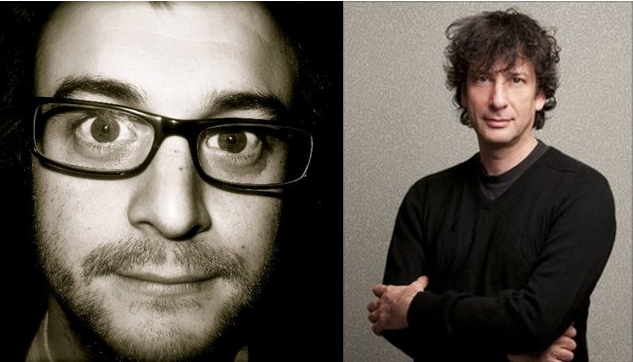Beckett was the first of the absurdists to win international fame. His works have been translated into over twenty languages, and in 1969 he was awarded the Nobel Prize for Literature. In 1945 he began his most prolific period as a writer. In the five years that followed, he wrote ELEUTHERIA, WAITING FOR GODOT, ENDGAME, THE NOVELS MALLOY, MALONE DIES, THE UNNAMABLE and MERCIER ET CAMIER. His first real triumph came on 5. January, 1953, when WAITING FOR GODOT premiered at the Théâtre de Babylone. The strange little play in which "nothing happens" became an instant success, running for four hundred performances and enjoying the critical praise of dramatists as diverse as Tennessee Williams, Jean Anouilh, Thornton Wilder, and William Saroyan who remarked, "It will make it easier for me and everyone else to write freely in the theatre." Beckett secured his position as a master dramatist on 3 April, 1957 when his second masterpiece, Endgame, premiered (in French) at the Royal Court Theatre in London. Although English was his native language, all of Beckett's major works were originally written in French. Apparently, he wanted the discipline of expression that an acquired language would force upon on him. Beckett's dramatic works do not rely on the traditional elements of drama. He trades in plot, characterization, and final solution, which had hitherto been the hallmarks of drama, for a series of concrete stage images. Language is useless, for he creates a mythical universe peopled by lonely creatures who struggle vainly to express the unexpressable. His characters exist in a terrible dreamlike vacuum, overcome by an overwhelming sense of bewilderment and grief, grotesquely attempting some form of communication, then crawling on, endlessly.
Samuel Beckett
AuthorALL THAT FALL
AuthorEH JOE
AuthorWHAT WHERE
AuthorROCKABY
AuthorPLAY
AuthorOHIO IMPROMPTU
AuthorNOT I
AuthorKRAPP’S LAST TAPE
AuthorHAPPY DAYS
AuthorFOOTFALLS
AuthorFIN DE PARTIE (ENDGAME)
AuthorCOME AND GO
AuthorCATASTROPHE
AuthorPIECE OF MONOLOGUE, A
AuthorTHAT TIME
AuthorEN ATTENDANT GODOT

